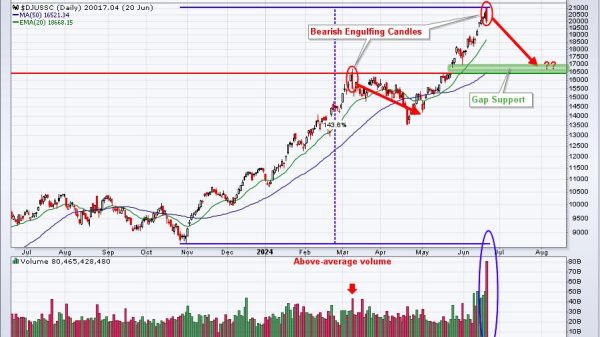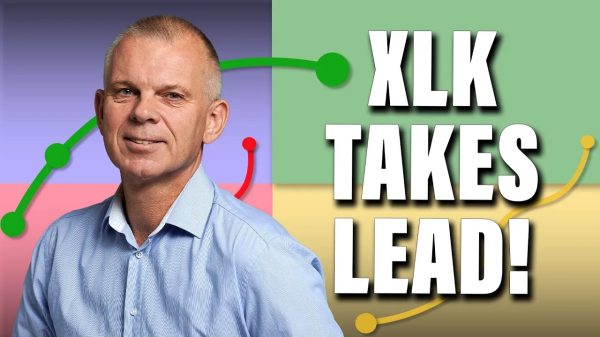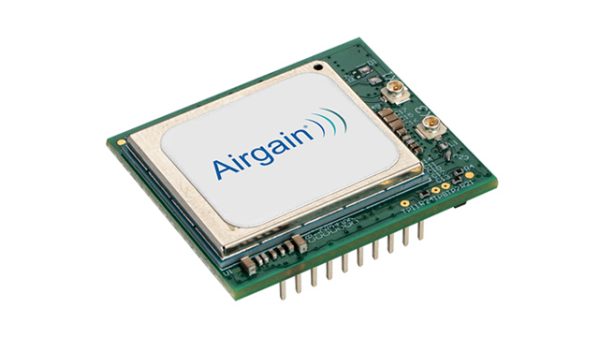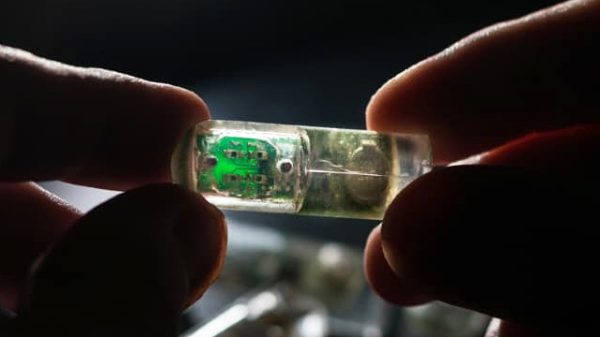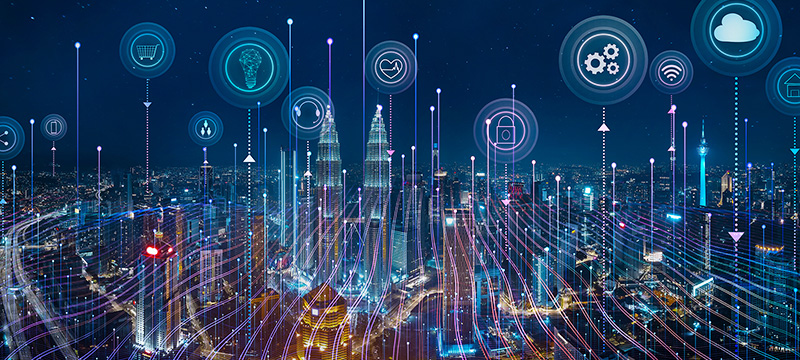Internet of Things, or IoT, is no longer just about smart homes and wearable tech, it rather marks a profound new shift in the digital landscape, one that is leaving its mark in traditionally rigid sectors such as legal services and compliance.
By connecting everyday objects to the web, IoT is now making legal compliance smarter, swifter, and more transparent, and helping reduce the inefficiencies and red tape that have long been prevalent in this space.
In this article, we uncover IoT’s nuances and how they interact with the legal universe while fundamentally reshaping the business compliance playbook.
Automated Monitoring: Catching Issues As They Happen
The world of compliance revolves around a checklist, that comes with specific timelines, but imagine if you will, a future where this is no longer the case, but is replaced with automated, real-time, round-the-clock monitoring which leaves absolutely nothing to chance.
For example, IoT sensors can now monitor pollution levels in real-time, tracking and reporting any deviations, so that corrective actions can be taken right away. Traditionally, pollution monitoring involved conducting expense audits after regular intervals, following which a business would likely be fined for failing to meet the standards.
IoT sensors aren’t just collecting data, they are proactively communicating with different parts of your entire operation, generating actionable insights for decision-makers.
Precision & Clarity In Reporting
When it comes to compliance, accuracy is non-negotiable. IoT shines here, offering precise, tamper-proof records that streamline reporting.
What’s more, integrating blockchain can lock down this data, making it secure from tampering and easy to trace. This isn’t just good for meeting regulations – it builds trust with regulators and can simplify compliance, potentially cutting down on inspections and costs.
This transparency is a boon for businesses too. It demonstrates a commitment to legal and ethical standards, boosting public image and reassuring investors. In a nutshell, accurate IoT data can make or break a company’s reputation.
Leveraging Legal Operations Support in the IoT Era
As businesses navigate the complexities of compliance in the IoT era, leveraging legal operations support becomes increasingly vital. Legal operations professionals play a crucial role in ensuring that companies adhere to regulatory requirements while maximizing the benefits of IoT technology.
These experts draft contracts, manage compliance frameworks, and provide essential support to legal teams. This enables seamless integration of IoT into business operations. Deciding to access legal operations professionals can be a strategic move for those looking to enhance their legal team’s capabilities.
Predictive Powers: Staying One Step Ahead
IoT’s capabilities don’t end with monitoring, they extend into predicting potential compliance issues before they blow up. Thanks to advanced analytics and machine learning, IoT systems can spot patterns and forecast future trends. This means companies can act preemptively to sidestep compliance pitfalls, shifting from a reactive to a proactive stance.
In the realm of finance, for example, integrating IoT with AI can track and flag unusual transactions in real time, bolstering efforts against money laundering. This proactive approach is efficient and can be a game-changer in regulatory compliance, allowing companies to handle potential issues before they become real headaches.
Navigating Challenges & Ethical Waters
With great technology comes great responsibility – especially when it comes to privacy. As IoT devices scoop up vast amounts of data, safeguarding personal information in line with laws like the GDPR becomes paramount.
Companies need to be crystal clear about what data they collect and how they use it to avoid infringing on privacy rights.
Moreover, the tech-heavy nature of IoT raises cybersecurity stakes. Unsecured devices can open the door to cyberattacks, risking sensitive compliance data. Thus, strong cybersecurity measures are essential to protect data and maintain privacy.
Conclusion
The influence of IoT on legal compliance is poised to expand. As regulatory technology (RegTech) continues to evolve, it will likely integrate more deeply with IoT, offering even more powerful tools for managing compliance.
The future may also see a push toward global standardization of compliance practices, making life easier for companies operating across borders.
In sum, IoT is not just reshaping legal compliance – it’s redefining it, embedding it into the operational fabric of businesses. As technology advances, compliance is set to become a seamless aspect of business strategy, benefiting everyone from boardroom execs to the everyday consumer.
The post How IoT Is Transforming Legal Compliance In The Digital Age? appeared first on IoT Business News.






